Protect your valuables from climate-driven disasters with a bank vault safety deposit box.
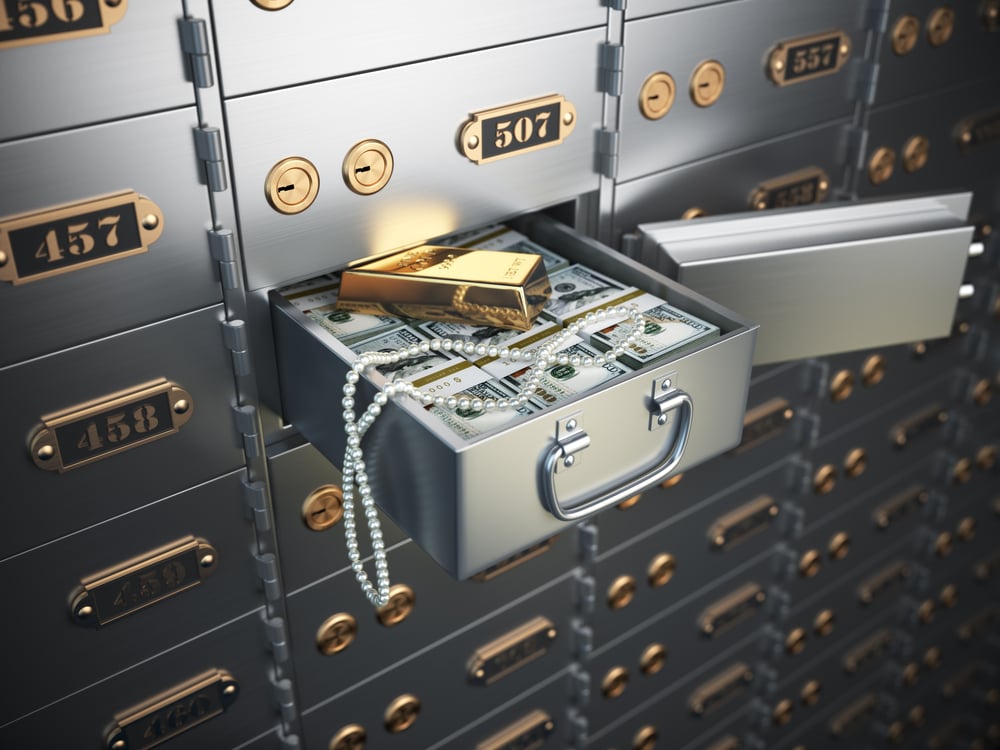
Feeling confident about the safety of your valuables can bring peace of mind, especially in retirement. Whether it’s your will, treasured heirlooms, or critical financial documents, safe deposit boxes offer a secure solution for keeping these items protected.
However, the cost of renting a safe deposit box can add up over time, so finding free or discounted options is a smart way to save money without sacrificing security. The good news? Free safe deposit boxes aren’t as elusive as you might think.
With a little research and strategy, you can uncover affordable—or even no-cost—options at banks, credit unions, and other institutions.
Banks sometimes waive fees for premium account holders.
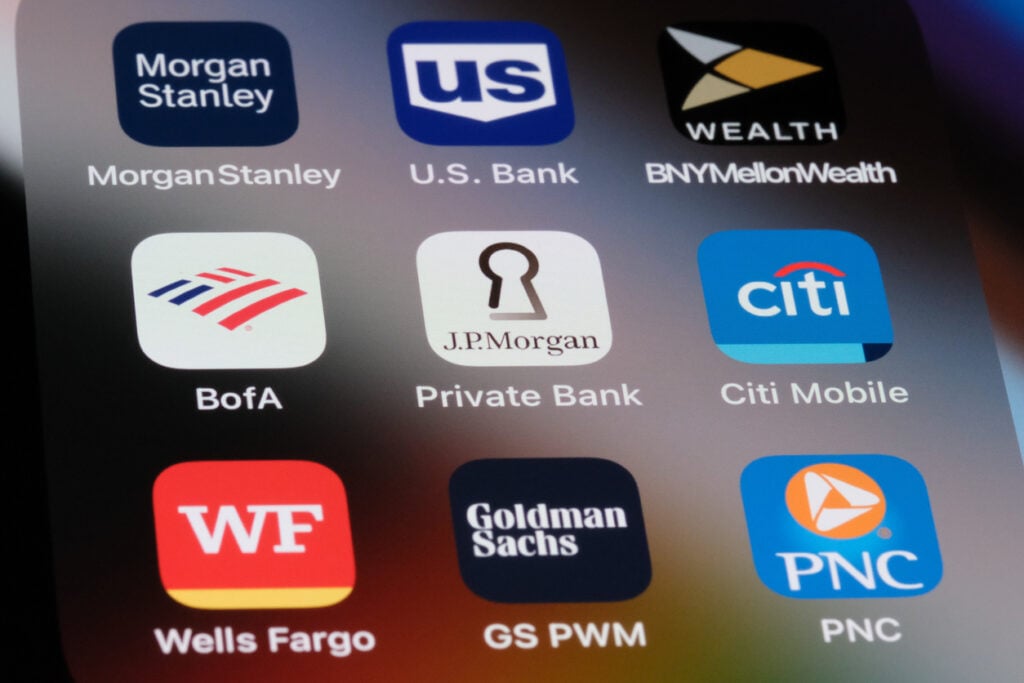
Some traditional banks reward loyal customers by offering free or discounted safe deposit boxes, according to Business Insider. While these perks are typically reserved for premium or high-tier account holders, they can lead to significant savings. For example, Bank of America provides free small safe deposit boxes to members of its Platinum or Platinum Honors Preferred Rewards programs. Other sizes are offered at discounted rates, particularly if you set up automatic payments. Chase Bank offers a similar benefit, granting Premier Plus Checking account holders complimentary access to small boxes, subject to availability, and discounts on larger options.
These benefits can be especially appealing for retirees managing multiple accounts or investments. If you already bank with an institution like PNC or U.S. Bank, it’s worth asking about promotions tied to their premium checking accounts. U.S. Bank, for instance, offers significant discounts to customers with Platinum Checking accounts, as well as seniors aged 65 and older. This approach allows you to safeguard your valuables while taking advantage of the relationship you’ve already established with your bank.
Credit unions prioritize affordability for their members.

Credit unions often provide some of the most affordable safe deposit boxes, and some even waive fees entirely for qualifying members. Unlike large banks, credit unions operate as member-owned institutions, which often translates to better rates and fewer fees. For instance, Erie Federal Credit Union offers boxes starting at just $15 per year, making it an ideal choice for those on a fixed income. Similarly, Ent Credit Union provides competitively priced options, with a 3” x 5” x 24” box available for $15 annually.
If you’re not already a member of a credit union, joining is usually straightforward and may require only a small deposit or local residency. Many credit unions cater specifically to seniors or military members, offering additional discounts as part of their membership benefits. Local Government Federal Credit Union, for example, charges just $18 annually for a small box.
Regional banks may have hidden gems with better deals.
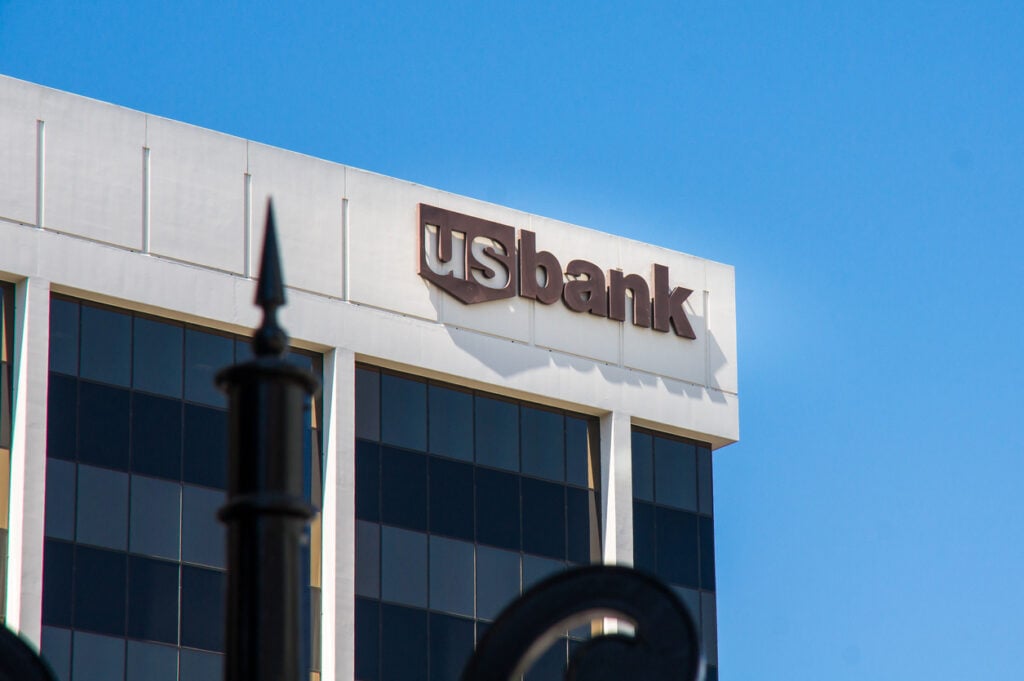
Regional and community banks often provide surprisingly competitive safe deposit box pricing, especially compared to larger national institutions. These smaller banks cater to local customers, offering personalized service and lower fees. First Bank & Trust, for example, rents a 3” x 5” box for only $20 per year, while Columbia Bank charges $25 for a similar-sized option. These savings can add up quickly, especially if you’re storing items long-term.
Additionally, regional banks may have greater availability, as they are less likely to experience the high demand that major banks often face. ANB Bank, for instance, provides a 3” x 5.5” x 24” box for $30 annually, which is a fraction of the cost you’d find at many large banks. Exploring regional options can be a smart move, particularly if you’re open to banking locally and prefer a more personalized customer experience.
Senior discounts add up over time.

For retirees, asking about senior-specific discounts can be a game-changer when it comes to safe deposit box fees. Many banks and credit unions recognize the unique needs of their senior customers and offer reduced rates or even free options. U.S. Bank, for instance, provides a 50% discount to customers aged 65 and older. Similarly, some credit unions and regional banks extend exclusive deals to senior members, making it easier to find affordable solutions.
These discounts can help stretch your retirement budget further while ensuring your valuables remain protected. It’s always worth inquiring about senior-specific programs when researching banks or credit unions in your area.
Free boxes are sometimes offered during account promotions.

Banks and credit unions occasionally run promotions where new customers can receive a free safe deposit box as part of their account package. These offers are often tied to opening a premium checking or savings account, so it’s worth keeping an eye out for such opportunities. For instance, during promotional periods, banks like Chase or Wells Fargo may include complimentary safe deposit boxes as an incentive for new customers.
Timing is everything when it comes to these promotions. If you’re already considering switching banks or opening a new account, aligning your decision with these limited-time offers can maximize your benefits. Be sure to ask about any ongoing or upcoming promotions, as these can be an excellent way to secure a safe deposit box at no additional cost.
Alternatives to traditional safe deposit boxes are worth considering.
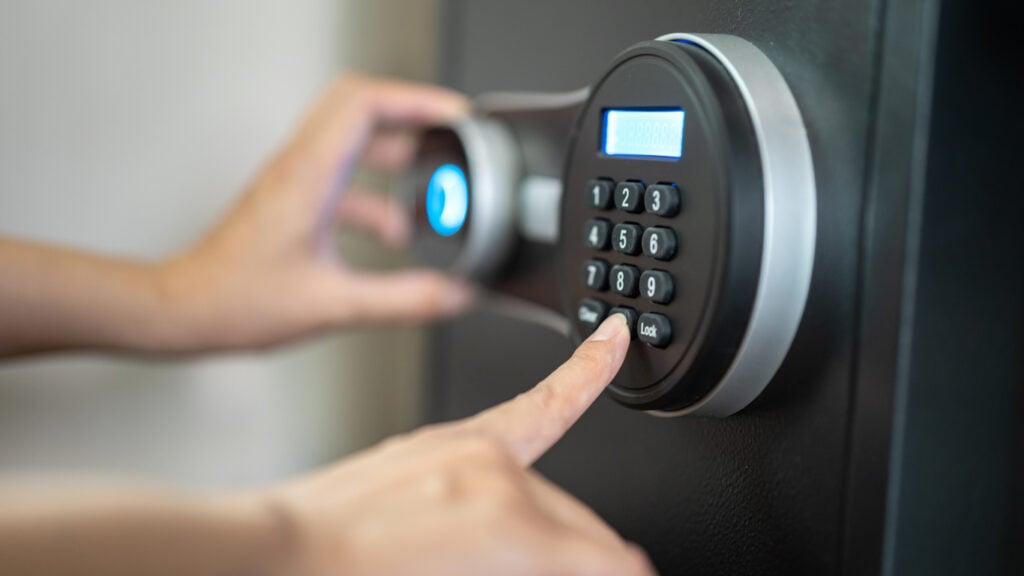
If you’re unable to find a free or affordable safe deposit box at a financial institution, alternative options may provide a viable solution. Private vault companies, for example, specialize in secure storage solutions and often offer features like 24/7 access or advanced security systems. While these services can be more expensive than bank-provided boxes, they offer greater flexibility and enhanced protection.
Another option is investing in a high-quality home safe. Fireproof and waterproof safes with biometric locks provide convenience and security for storing essential items. For those who prefer a more traditional approach, entrusting valuables to a trusted family member can also be an option. Just be sure to communicate clearly and establish guidelines to avoid potential misunderstandings.
Look locally to uncover lesser-known options.
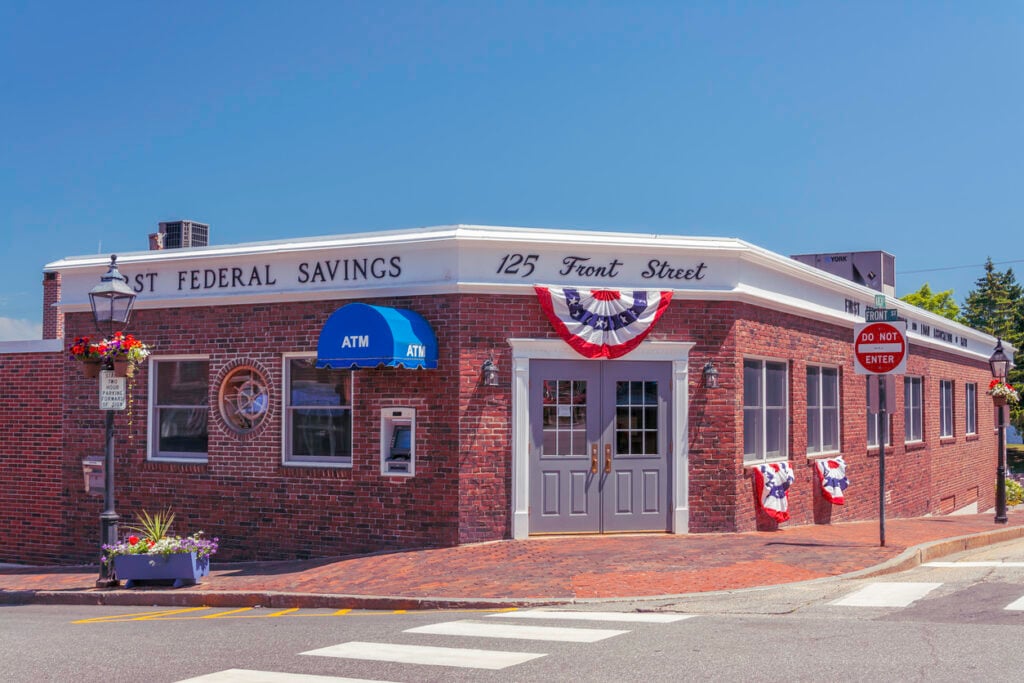
Local banks, community credit unions, and even specialized financial cooperatives may offer free or low-cost safe deposit boxes that are not widely advertised. These institutions often prioritize building relationships within the community and may have more availability than larger banks. Checking with these smaller entities can uncover hidden gems that meet your needs without stretching your budget.
Additionally, some non-bank institutions, like local government offices or utility cooperatives, occasionally offer storage solutions for their members. While these options may not be as common, they are worth exploring if you live in a smaller town or rural area. Being proactive and asking around locally can reveal opportunities that might otherwise go unnoticed.
Make the most of your existing relationships.
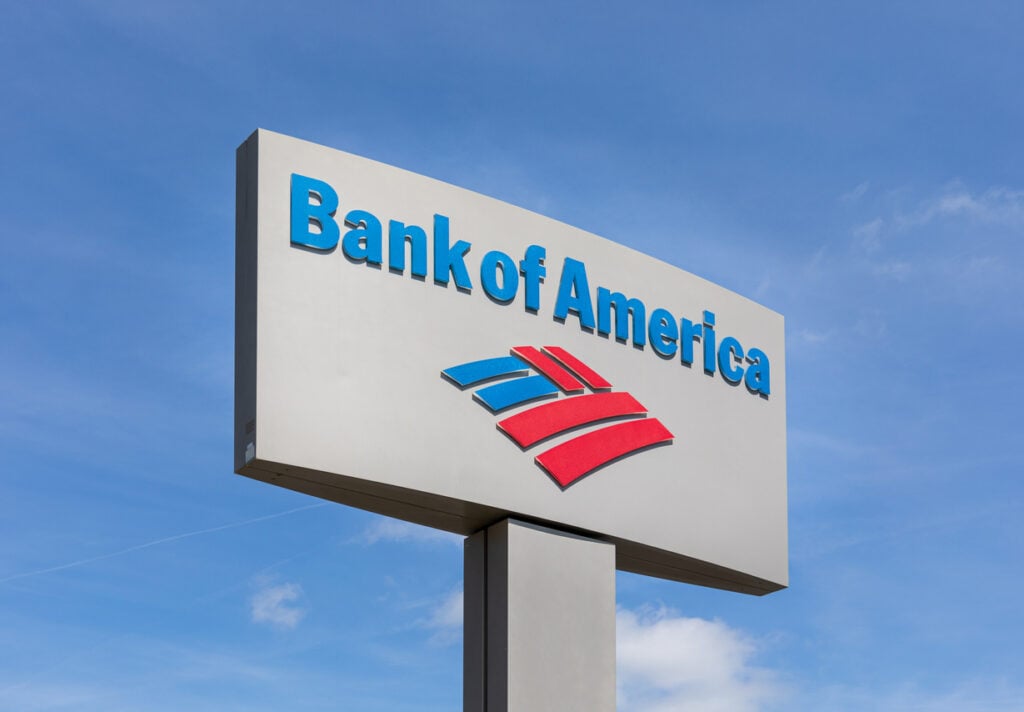
If you have long-standing relationships with banks or credit unions, leverage them to your advantage. Many institutions reward loyal customers with perks like discounted or free safe deposit boxes. For example, customers with longstanding accounts at institutions like PNC Bank or Bank of America may qualify for waived fees or preferred pricing tiers.
Building a good rapport with your bank or credit union’s representatives can also be helpful. By demonstrating your loyalty and inquiring about available perks, you might discover special deals or accommodations that aren’t publicly advertised. This approach not only saves money but also strengthens your financial partnerships.
